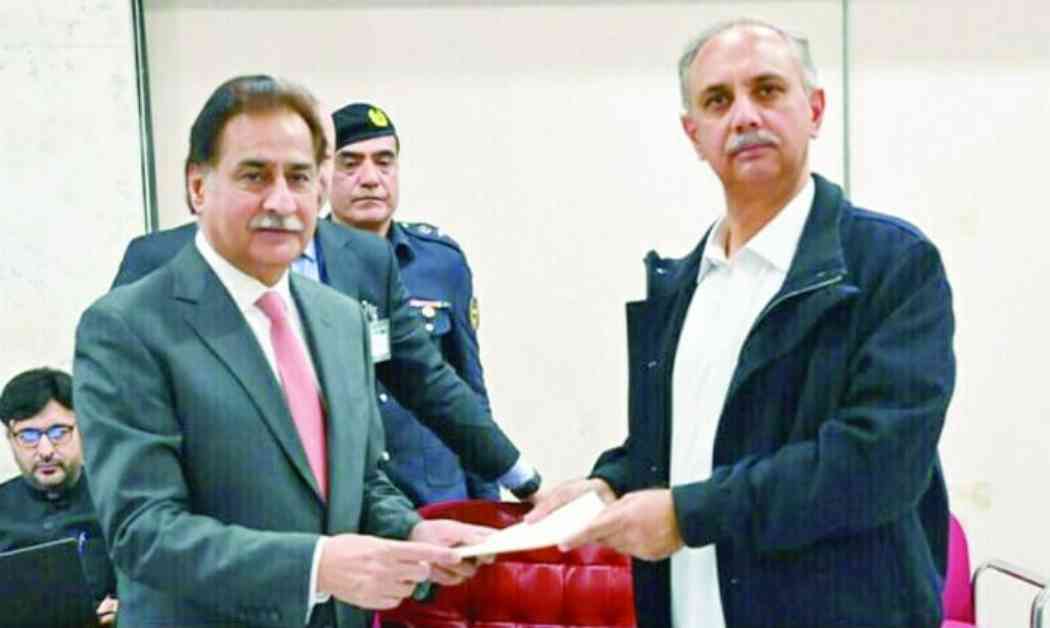The Pakistani government and the Pakistan Tehreek-e-Insaf (PTI) party have officially ended their negotiation process, leading to a deadlock in talks and the dissolution of PTI’s committee. Senator Irfan Siddiqui, spokesperson for the government’s negotiation committee and a leader of the Pakistan Muslim League (Nawaz), confirmed this development in an exclusive interview.
Stalemate in Negotiations
Siddiqui revealed that PTI’s demand for the immediate release of party leaders, including Imran Khan, and the plea for a presidential pardon were the primary roadblocks in the negotiations. The government, despite being open to addressing many of PTI’s concerns, faced legal obstacles in forming a judicial commission while the matter was still in court. This, in turn, led to the deadlock in talks.
The government had prepared working papers on various proposals to build trust and reach a compromise with PTI. However, PTI’s abrupt withdrawal from negotiations, mere days before the deadline, reflected a history of preferring street protests and disruptive tactics over constructive dialogue. Siddiqui criticized PTI’s approach, stating that their core principles were incongruent with meaningful negotiations.
Demands and Solutions
PTI had verbally communicated demands for the release of its leaders, emphasizing Imran Khan and Shah Mehmood Qureshi, without formalizing these requests. The party also sought the release of other prisoners, with a primary focus on their leaders’ freedom over secondary issues like the formation of a judicial commission.
Regarding the amendments to the Pakistan Electronic Crimes Act, Siddiqui stressed the importance of broader consultations. He highlighted the need for a distinction between legitimate journalism and the dissemination of fake news. Siddiqui assured that the law would not impact journalists following professional standards but would target those spreading harmful content.
In conclusion, Siddiqui expressed his personal commitment to advocating for amendments to address journalists’ concerns. He urged the Prime Minister to listen to the grievances of journalists and work towards refining the law accordingly, emphasizing his dedication beyond his official responsibilities.









